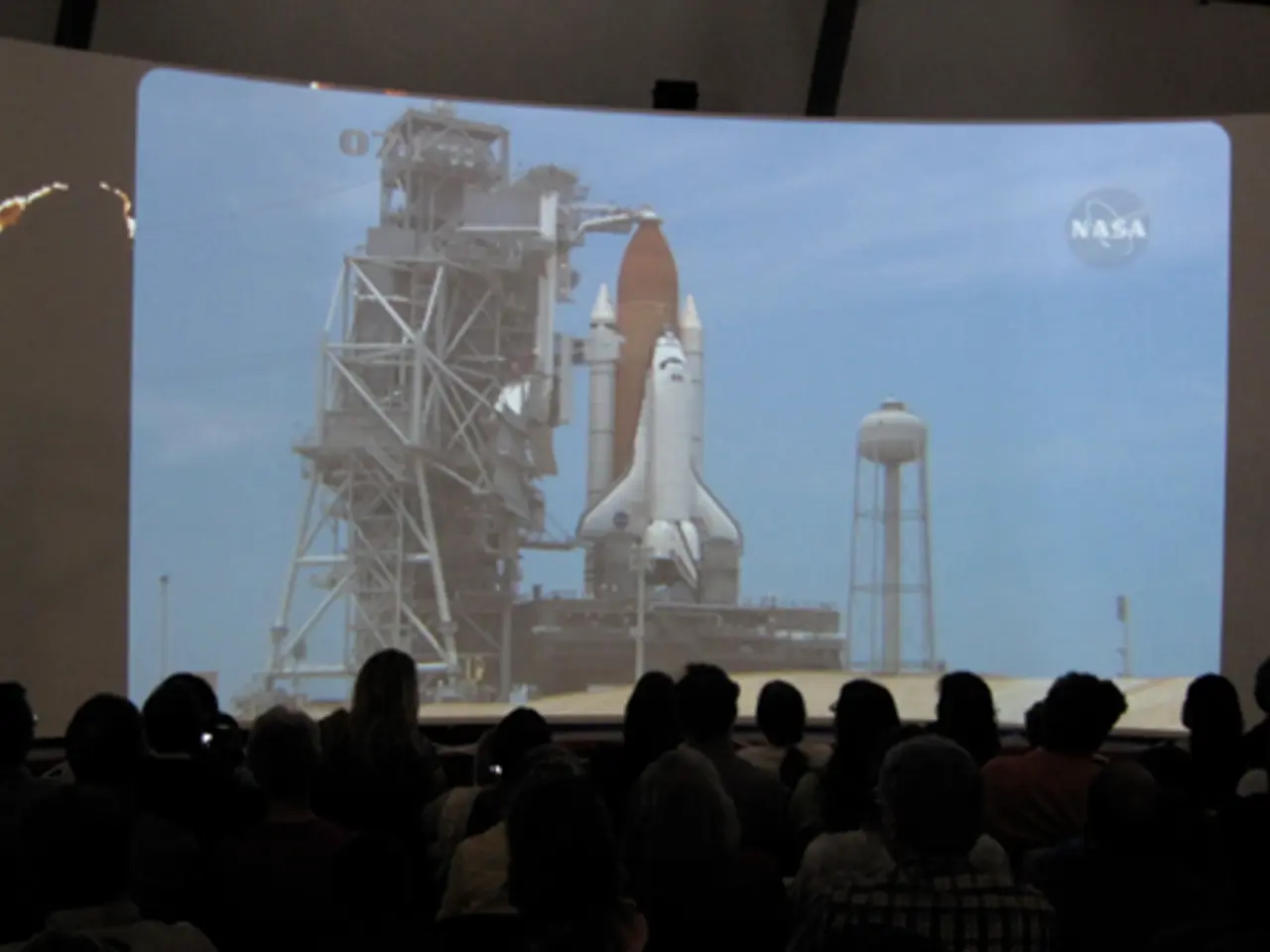Historic first Australian orbital rocket, Eris by Gilmour Space, experiences failure during initial launch attempt
On July 29, 2023, at approximately 6:35 p.m. EDT (2235 GMT; 8:35 a.m. local Australian time), Gilmour Space launched their first Eris rocket from the Bowen Orbital Spaceport in coastal Queensland. The launch, which was the first orbital attempt of any kind from Australian soil in more than 50 years, was a significant milestone for the Australian space industry. However, the Eris rocket experienced a sideways slide shortly after liftoff and crashed back to Earth just 14 seconds after launch.
The failure of the maiden flight was not unexpected, as it's rare for a rocket to ace its first-ever liftoff. Gilmour Space CEO Adam Gilmour stated that the launch was the first real test of their rocket systems, propulsion technology, and spaceport. He expressed optimism, stating that the flight was a big step forward for their rocket program.
Eris, an 82-foot-tall rocket, is designed to launch up to 474 pounds of payload to sun-synchronous orbit. The company had stated in a February statement that the mission, known as Eris-1, would deliver valuable data for improving the rocket's reliability and performance for future launches.
Gilmour Space, founded in 2015 by Adam and James Gilmour with the goal of making Australia a major player in the space industry, has a workforce of about 200 people. The company also builds satellites, such as ElaraSat, which carried an instrument for CSIRO on its first launch last month on SpaceX's Transporter-14 rideshare mission. ElaraSat's instrument is a hyperspectral imager that helps keep tabs on water quality.
Despite the failure of the Eris-1 launch, Gilmour Space plans to build and launch a second Eris vehicle incorporating design improvements based on data from the maiden flight. They will refine this design further and aim to use the rocket for commercial missions such as the Caravan-1 rideshare mission delivering up to 1,000 kg to low Earth orbit (LEO). Additionally, Gilmour Space is developing a Block 2 version with higher performance comparable to Firefly Aerospace's Alpha and a medium-lift Eris Heavy variant capable of carrying up to 4,000 kg to LEO and potentially crew capsules.
Gilmour Space also has multiple commercial agreements for future launches, including partnerships with European rideshare company Exolaunch and a memorandum of understanding with Atomos Space to provide orbital transfer vehicle launch services. They have contracts with the Australian government for sovereign satellite launches and specialized missions involving Australian-developed thermal infrared cameras.
The company is regrouping after the initial launch attempt, using lessons learned to inform and improve future efforts as it aims to become a leading global small satellite launch provider. The most recent such flight came in October of 1971, when a British Black Arrow rocket successfully lofted the United Kingdom's Prospero satellite from the Woomera Rocket Range in South Australia. Despite the setback, Gilmour Space remains committed to its mission of making Australia a major player in the space industry.
[1] Gilmour Space Technologies. (2023). Gilmour Space Technologies announces the launch of Eris-1, Australia's first homegrown orbital rocket. Retrieved from https://www.gilmoursat.com/news/gilmour-space-technologies-announces-the-launch-of-eris-1-australias-first-homegrown-orbital-rocket
[2] Gilmour Space Technologies. (2023). Gilmour Space Technologies provides update on Eris-1 launch attempt. Retrieved from https://www.gilmoursat.com/news/gilmour-space-technologies-provides-update-on-eris-1-launch-attempt
- Gilmour Space Technologies announced the launch of Eris-1, a significant milestone for the Australian space industry, as it aims to make Australia a major player in the global small satellite launch market.
- The failure of the maiden flight of Eris-1 did not dampen the spirits of Gilmour Space Technologies, as the company plans to build and launch a second Eris vehicle incorporating design improvements based on data from the maiden flight.
- Besides commercial missions like the Caravan-1 rideshare mission, Gilmour Space is developing more advanced versions of Eris, including a Block 2 version and a medium-lift Eris Heavy variant, with the goal of serving both commercial and government sectors with satellite launches and specialized missions.
- Gilmour Space has multiple agreements and partnerships for future launches, demonstrating their commitment to becoming a leading global small satellite launch provider, just as the British Black Arrow rocket did in a successful Prospero launch in October of 1971, marking the last orbital attempt from Australian soil before the Eris-1 launch.




